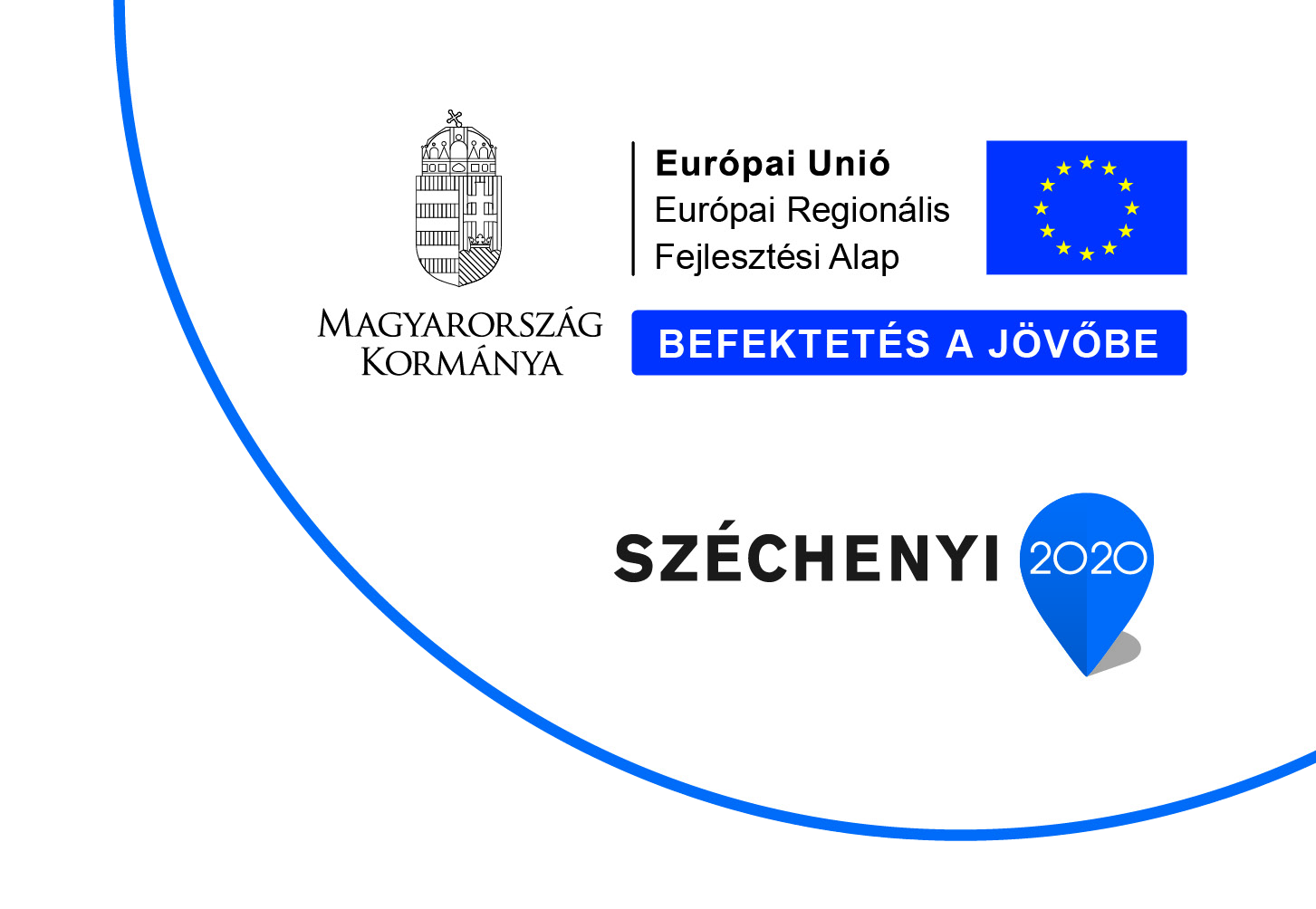SZEGED, Hungary, Sept. 14, 2017 (GLOBE NEWSWIRE) — ThalesNano and University of Szeged have won a grant as part of the highly competitive GINOP (Economic Development and Innovation Operational Program) 2.2.1-15-2017-0041 program from the Hungarian Ministry for National Economy. The project will be implemented under the Széchenyi 2020 program using funds from the European Union.
The total project budget is $4.8 million and will be spent over four-years to develop state-of-the-art platforms that combine renewable energy storage with continuous-flow electrochemical CO2 conversion to valorizable products.
The grant will allow ThalesNano and the University of Szeged to continue building on their ground-breaking expertise in electrochemistry, nanocatalysis, and continuous-flow reactor development towards inventing environmentally beneficial, and economically lucrative technologies.
In addition to platform creation, funds will be used to expand ThalesNano’s Szeged-based alternative energy R&D center, which we expect to become established at the newly built ELIPOLIS science park in 2018 and create a number of new jobs for the area.
In a joint statement, Dr. Ferenc Darvas (President of ThalesNano), Dr. Janaky Csaba (Project Research Director-University of Szeged), Richard Jones (Project Director-ThalesNano), and Alex Drijver (CEO-ThalesNano) announced:
“To develop technologies that can help reduce the rising CO2 concentration in our atmosphere is of tremendous importance to the future of this planet and our existence on it. Rather than choose the most common method, CO2 capture and storage (CCS), we aim to combine ThalesNano’s and University of Szeged’s expertise in high pressure hydrogen generation, flow technology, electrochemistry, and catalysis to generate unique platforms that will capture CO2 and convert it into useful synthetic materials using renewable electricity sources. Not only will this system help reduce the industrial CO2 output into the atmosphere, but we also expect it to help reduce the impact of large-scale chemical production through carbon recycling. A system that can be applied not just here on Earth, but also for future Mars colonization. ThalesNano and the University of Szeged have always maintained close ties through innovative collaboration projects. With this financial support, it will make our partnership even closer and enable us to make one of our most important innovative dreams a reality.”
Contact:
ThalesNano: Richard Jones / richard.jones@thalesnano.com
University of Szeged: Dr. Csaba Janaky/ janaky@chem.u-szeged.hu

